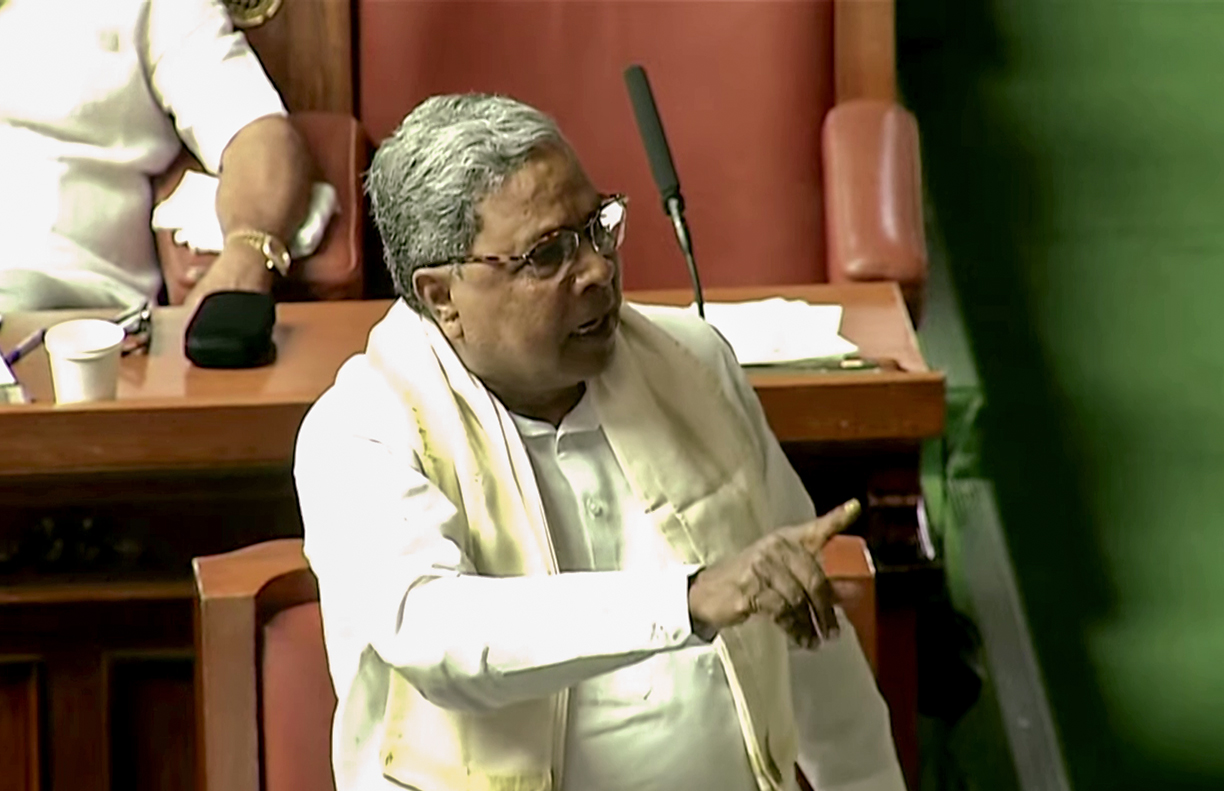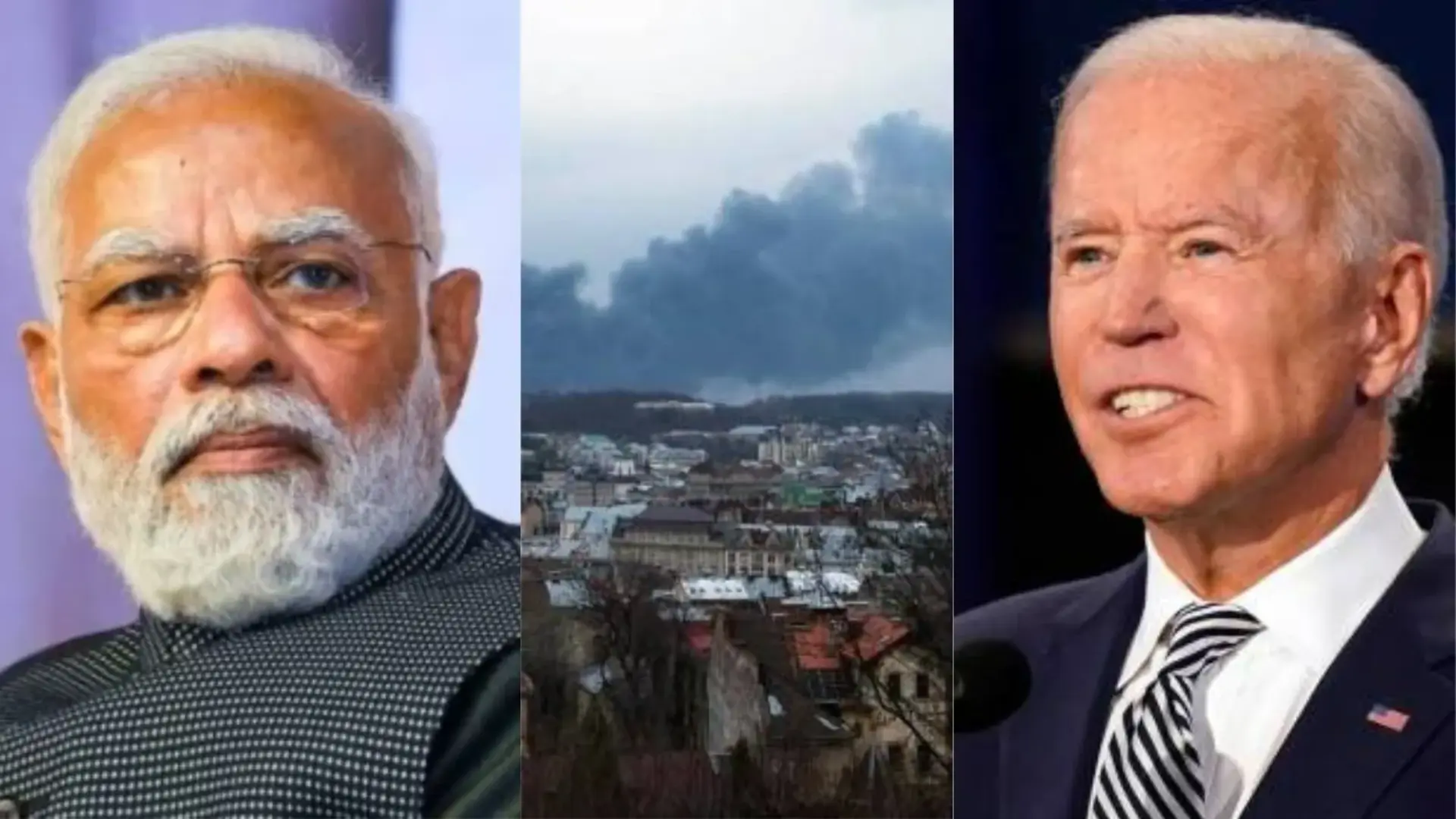
In recent developments, Bengaluru witnessed a surge in protests led by pro-Kannada activists, particularly members of the Karnataka Rakshana Vedike, advocating for the prominent use of Kannada on commercial signboards. The demonstrations took a violent turn on December 27, prompting Karnataka Chief Minister Siddaramiah to issue a stern warning against actions violating the law.
While expressing support for peaceful demonstrations, Chief Minister Siddaramiah emphasised the need for adherence to the law. He stated that the government encourages peaceful protests but will not tolerate any breach of the law, affirming that legal consequences await those engaging in unlawful activities.
The protests, spearheaded by Karnataka Rakshana Vedike, targeted signboards primarily in English that lacked prominent Kannada signage. The activists resorted to acts of vandalism, removing boards featuring both English and Kannada, especially if the Kannada fonts were smaller in size. The demand for immediate installation of Kannada signages on commercial stores in Bengaluru fuelled the demonstrations.
Chief Minister Siddaramiah clarified the government’s stance on the issue, asserting that the law mandates nameplates on commercial establishments in Karnataka to be in Kannada. While expressing the government’s respect for all languages, he highlighted the legal obligation for businesses to adhere to the regional language requirement.
The recent wave of protests stemmed from a December 24 order by the Bruhat Bengaluru Mahanagara Palike (BBMP). The order stipulated that trade licences of commercial establishments failing to prominently feature Kannada on their display boards, occupying at least 60% of space, would be cancelled by February 28, 2024. This directive aligns with existing state rules on signboards.
The escalating language politics in Bengaluru underscore the tension between regional identity and linguistic diversity. While the government acknowledges the demands of pro-Kannada groups, the emphasis on legal consequences for breaches signals a commitment to upholding the rule of law. As the February 28 deadline approaches, the dynamics between linguistic aspirations and legal obligations continue to shape the discourse surrounding the use of Kannada on commercial signages in Bengaluru.















